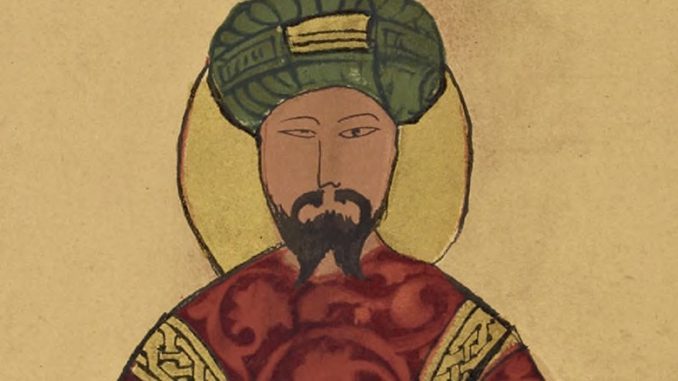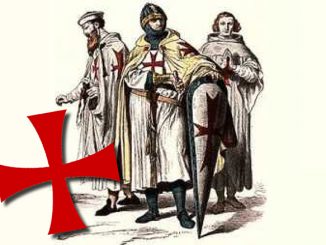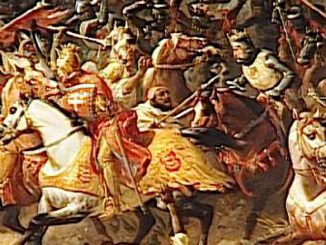
Saladin and the Templars
Introduction:
Salah al-Din Yusuf bin Ayub, commonly known as Saladin, was a towering figure in the medieval world. As the founder of the Ayyubid dynasty, he rose to prominence as the Sultan of Egypt and Syria, becoming a formidable adversary to the Crusader states. While his military genius and chivalrous reputation are well-known, his interactions with the Knights Templar reveal a fascinating chapter in the history of these two legendary forces.
Saladin’s Rise to Power:
Saladin’s ascent to power began in 1171 when he seized control of Egypt, uniting it under his rule. His subsequent military campaigns aimed to restore Islamic territories lost to the Crusaders. With a blend of strategic brilliance and charismatic leadership, Saladin forged a unified Muslim front and dealt several decisive blows to the Crusader states, most notably recapturing Jerusalem in 1187.
The Templars’ Encounter with Saladin:
The Knights Templar, renowned for their warrior skills and dedication to the Christian cause, found themselves facing Saladin’s forces on numerous occasions. Their encounters were marked by both fierce battles and unexpected moments of respect and admiration. Saladin recognized the Templars as a formidable enemy and acknowledged their military prowess.
Battle of Hattin and the Aftermath:
The Battle of Hattin in 1187 became a pivotal moment in the Templars’ history with Saladin. The Templars, led by Grand Master Gerard de Ridefort, fought valiantly but were ultimately defeated by Saladin’s forces. Many Templars were taken captive, including their leader. Saladin demonstrated his respect for the Templars by treating them as prisoners of war rather than common criminals.
Negotiations and Ransom:
Saladin’s capture of prominent Templars presented an opportunity for negotiation. Ransoms were negotiated for the release of the Templar captives, showcasing the financial power and influence of the Order. These transactions involved significant sums of money and further highlighted the Templars’ importance in the Crusader era.
Mutual Respect and Chivalry:
While adversaries on the battlefield, Saladin and the Templars displayed a mutual respect for each other’s prowess. Their encounters were often characterized by a code of chivalry, with both sides adhering to principles of honor and bravery. Saladin’s honorable treatment of the Templars, including honoring ransom agreements, further emphasized the mutual respect between these legendary figures.
Legacy and Historical Significance:
Saladin’s military campaigns and his encounters with the Templars left an indelible mark on the history of the Crusades. His chivalry and military prowess elevated him to a legendary status, while the Templars’ resilience and reputation as elite warriors endured despite their encounters with Saladin. The legacy of their interactions continues to captivate historians and enthusiasts alike.
Conclusion:
The complex relationship between Saladin and the Knights Templar offers a unique glimpse into the intricacies of medieval warfare and the clash of cultures during the Crusades. Saladin’s respect for the Templars and their unwavering dedication to their cause provide a testament to the enduring legacy of these formidable forces in the pages of history.
About Us
TemplarHistory.com was started in the fall of 1997 by Stephen Dafoe, a Canadian author who has written several books on the Templars and related subjects.
Read more from our Templar History Archives – Templar History



